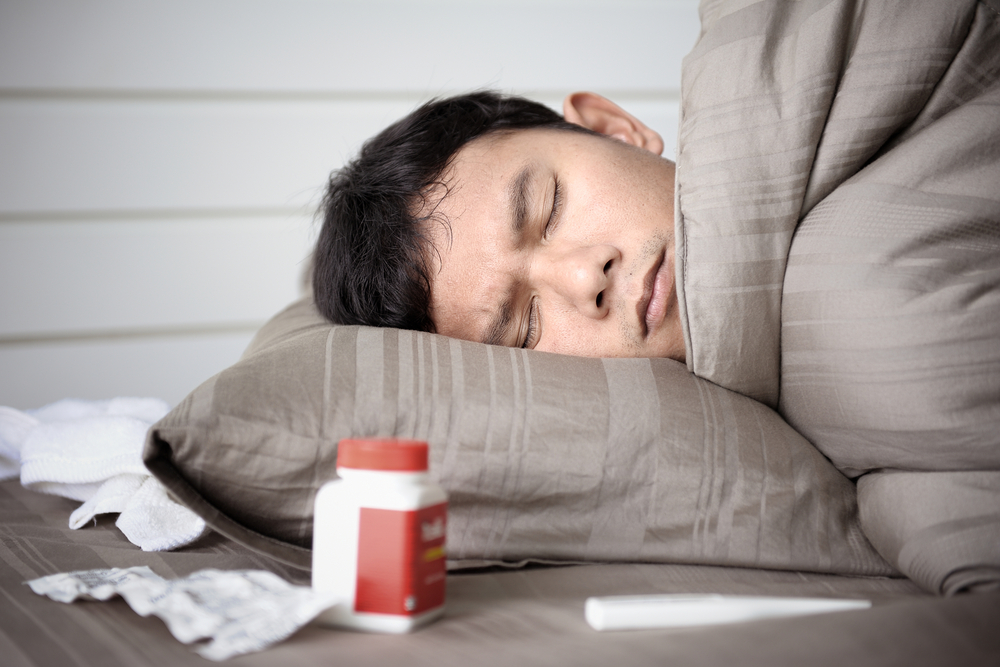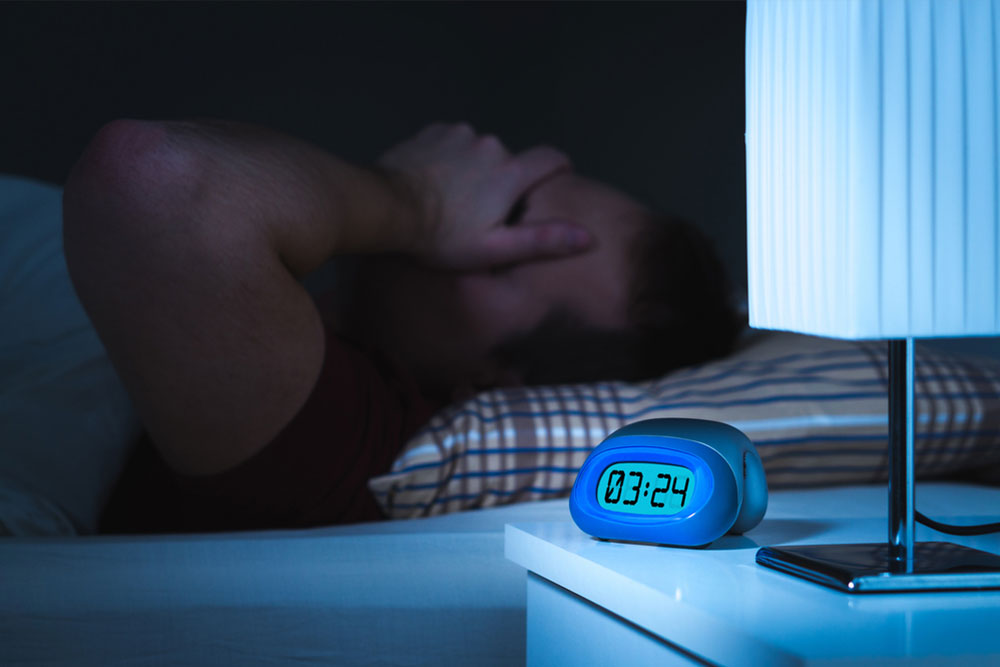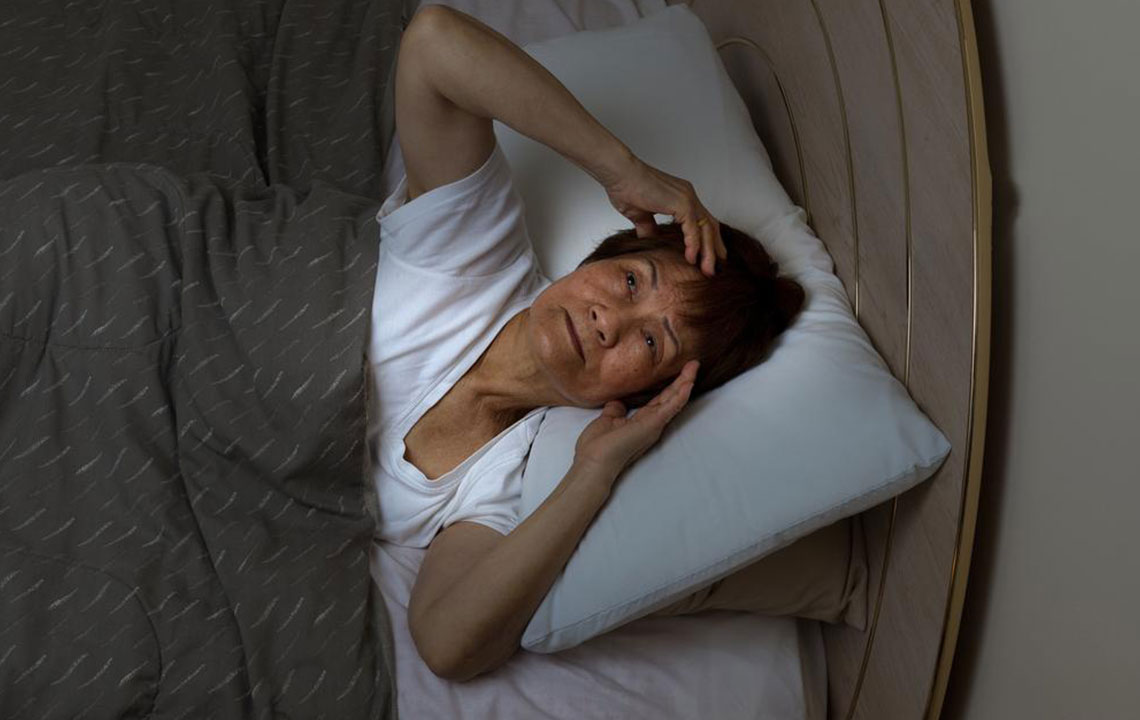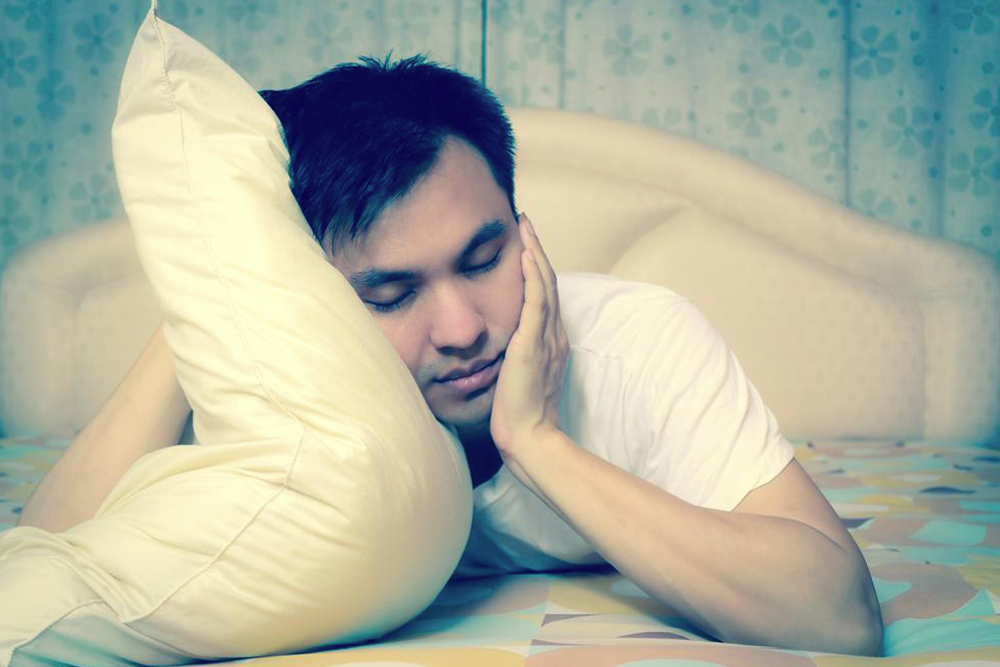Comprehensive Guide to Insomnia: Causes, Diagnosis, and Effective Treatment Methods
This comprehensive guide delves into the causes, diagnosis, and diverse treatment options for insomnia. Covering behavioral therapies, medications, and alternative methods, it aims to help individuals understand and manage their sleep disorders effectively. Recognizing the importance of proper diagnosis and tailored interventions can significantly improve sleep quality and overall health, making this article a valuable resource for anyone suffering from chronic insomnia or seeking better sleep hygiene.

Insomnia is a common sleep disorder that affects millions worldwide. In the United States alone, it is estimated that roughly 35% of adults experience some form of insomnia, which can significantly impair daily functioning and overall quality of life. Insomnia is characterized by persistent difficulties in falling asleep, staying asleep, or experiencing restful sleep, despite having the opportunity to sleep. This disorder is not just about occasional sleepless nights; rather, it is a chronic issue that can lead to serious health complications if left untreated. Understanding its causes, how it is diagnosed, and the available treatment options is vital for effective management and improved well-being.
**Understanding Insomnia**
Insomnia is more than just feeling tired; it is a complex condition that can stem from various physiological and psychological factors. It may manifest as difficulty initiating sleep, frequent awakenings during the night, early morning awakenings, or non-restorative sleep where the individual feels unrefreshed after a full night's rest. For a diagnosis, these sleep disturbances need to occur at least three times per week over a period of three months, and they must cause noticeable impairment in social, occupational, or other important areas of functioning.
**Causes of Insomnia**
The causes of insomnia are multifaceted, often involving an interplay of physical, mental, and environmental factors. Medical conditions such as asthma, arthritis, or chronic pain can interfere with restful sleep. Psychological factors are also significant, including stress, anxiety, depression, and mood disorders. Substance use, including caffeine, nicotine, and alcohol, can disturb sleep patterns. Lifestyle habits like irregular sleep schedules, excessive screen time before bed, and lack of physical activity contribute as well. Certain medications or medical treatments may have insomnia as a side effect, compounding the problem.
**Risk Factors Associated with Insomnia**
Several individuals are more predisposed to developing insomnia. High stress levels, whether from work, personal issues, or major life changes, are prominent contributors. Travel across time zones, known as jet lag, often disrupts circadian rhythms and can lead to temporary insomnia. Medical conditions, particularly those involving pain or discomfort, increase vulnerability. Lifestyle habits such as irregular routines, poor sleep hygiene, and exposure to screens late at night enhance the risk. Additionally, age-related changes in sleep architecture make older adults more susceptible to insomnia, necessitating targeted management strategies.
**Diagnosing Insomnia**
Diagnosing insomnia involves a comprehensive approach, including detailed medical history, sleep questionnaires, and sleep diaries. Healthcare providers may recommend sleep studies if sleep apnea or other sleep disorders are suspected. The criteria focus on persistently difficulty in initiating or maintaining sleep, with associated daytime dysfunction, occurring at least three nights per week for a period exceeding three months. Accurate diagnosis is essential to exclude other underlying conditions and to tailor treatment plans effectively.
**Effective Treatment Strategies for Insomnia**
Treatment for insomnia typically follows a multifaceted approach, emphasizing behavioral modifications, medical interventions, and alternative therapies. The goal is to improve sleep quality while minimizing side effects and dependency risks.
**Behavioral and Lifestyle Interventions**
Sleep Hygiene Education: Establishing regular sleep schedules, creating a comfortable sleep environment, and avoiding stimulating activities before bedtime
Cognitive Behavioral Therapy for Insomnia (CBT-I): A structured therapy that addresses negative thoughts and behaviors associated with sleep problems
Relaxation Techniques: Mindfulness, deep breathing exercises, and progressive muscle relaxation can promote quicker sleep onset
Limit Screen Time: Reducing exposure to blue light from phones and computers before bed helps regulate circadian rhythms
Avoiding Caffeine and Alcohol: Both substances can interfere with sleep quality, especially when consumed later in the day
**Pharmacological Treatments**
Medications may be prescribed in acute cases or when behavioral therapies are ineffective. These include sedative-hypnotics, melatonin receptor agonists, and antidepressants in some instances. However, they should be used cautiously and under medical supervision due to potential side effects and dependency issues. Short-term use is generally recommended, with an emphasis on transitioning to non-pharmacological methods.
**Alternative and Complementary Therapies**
Herbal Remedies: Supplements such as valerian root, chamomile, and lavender may promote relaxation and better sleep
Sleep-Inducing Devices: Light therapy, sound machines, and blue light filters can assist circadian regulation
Acupuncture and Acupressure: Some individuals find these traditional Chinese medicine techniques helpful for insomnia management
**Prevention and Long-term Management**
Preventing insomnia involves maintaining consistent sleep routines, managing stress effectively, and creating a sleep-friendly environment. Addressing medical or psychological issues promptly can prevent chronic sleep disturbances. Regular exercise, a balanced diet, and avoiding late-night screen exposure contribute to sustained sleep health.
In conclusion, insomnia is a widespread disorder with diverse causes that demand personalized treatment approaches. Combining behavioral strategies, proper medical management, and complementary therapies offers the best chance for restoring restful sleep and enhancing overall health. If you experience persistent sleep problems, consulting a healthcare provider is essential to identify underlying causes and develop an effective treatment plan.





